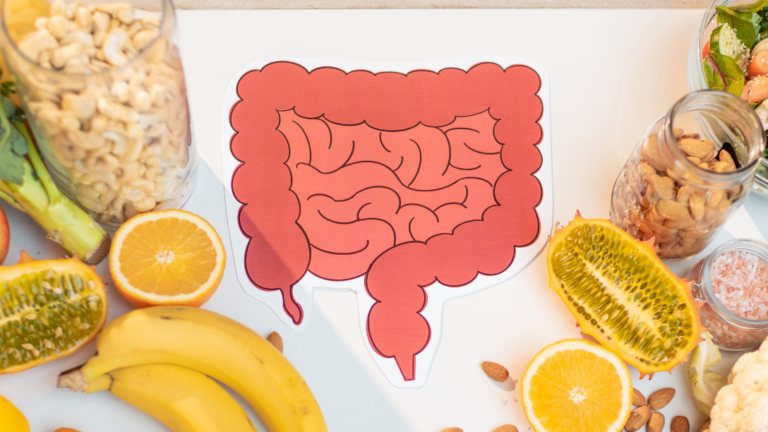
Functional or Compositional Gut Test?
When it comes to gut tests and gut health it is sometimes hard to know where to start. After all, it is one of the most complex areas of the body and there is still so much to discover! It is not only where we digest and absorb nutrients, and expel waste products, but also where the majority of our active immune cells reside and a signalling network that impacts areas such as hormonal, metabolic and cognitive health.
Sometimes it is best to just start at the beginning and test the basics, particularly if you are ‘going it alone’ and you are not under the guidance of a health practitioner. This is where a Compositional Gut Test comes in…
Friendly and Unfriendly Bacteria
The Compositional Test measures the quantities of ‘friendly’ and ‘unfriendly’ bacteria as well as the total number of bacteria. This is a great way to gain an understanding about why you may be suffering from symptoms such as bloating, wind and loose stools. After all, if you do not have the right balance of friendly and unfriendly bacteria, it is not so easy to digest food or even to move it through your gut. Additionally, you need the right level of friendly bacteria to crowd out the unfriendly bacteria. If these levels are unbalanced, you are bound to experience symptoms that suggest your gut is not working as efficiently as it should be. Testing allows you feel more confident about your gut health.
Now on to the Functional Gut Test…
Short Chain Fatty Acids (SCFAs)
Another vital aspect of a healthy gut is the ability of your gut bacteria to be able to ferment non-digestible carbohydrates, and as a result produce short-chain fatty acids. The most abundant short chain fatty acids are acetate, propionate, and butyrate, and these have many important roles. From providing energy for intestinal cells, reducing inflammation in the gut, and controlling insulin sensitivity and appetite, to supporting the gut-brain axis, and ensuring the gut wall, a vital barrier between the outside world and your body, is maintained, thereby allowing nutrients to be absorbed whilst protecting you from unwanted substances such as toxins.
Branched-Chain Fatty Acids (BCFAs)
Gut bacteria also ferment proteins, resulting in the production of branched-chain fatty acids (BCFAs) such as iso-butyrate and iso-valerate. Like short chain fatty acids, branched-chain fatty acids also appear to play an important role in our gut health; however, how they do this is less understood. What we do understand is that the detection of branched-chain fatty acids in our stool indicates that protein fermentation has taken place, and when protein is fermented, it can also result in the production of harmful products such as ammonia, that can be detrimental to our gut. Some studies have also found a relationship between high levels of branched-chain fatty acids and health conditions outside the gut such as depression. Therefore, we don’t want to see high levels of branched-chain fatty acids, as this likely means that high levels of these harmful substances are also being produced.
The good news is levels of both short-chain fatty acids and branched-chain fatty acids are measured with the Functional Gut Test, which like the Compositional Gut Test also gives us lots of useful tips and invaluable advice to bring balance and health back to this fundamental part of our body.
Like the sound of knowing all the above? We have combined both our gut tests and have created an Advance Gut Test to give you a holistic view of your gut health!

